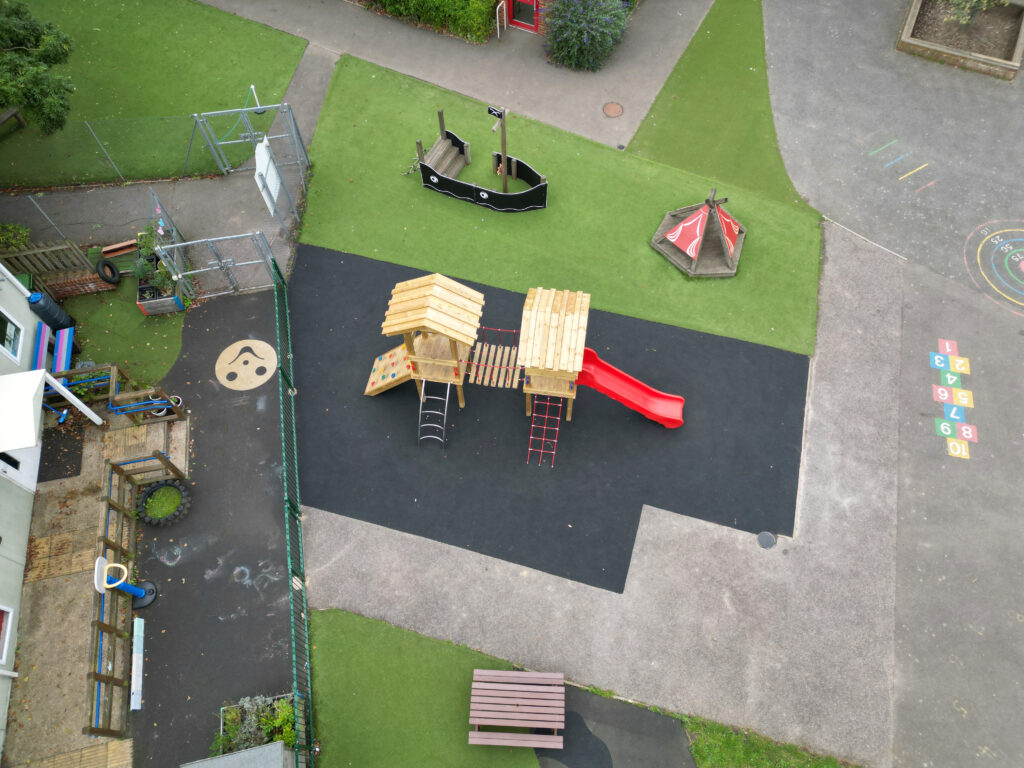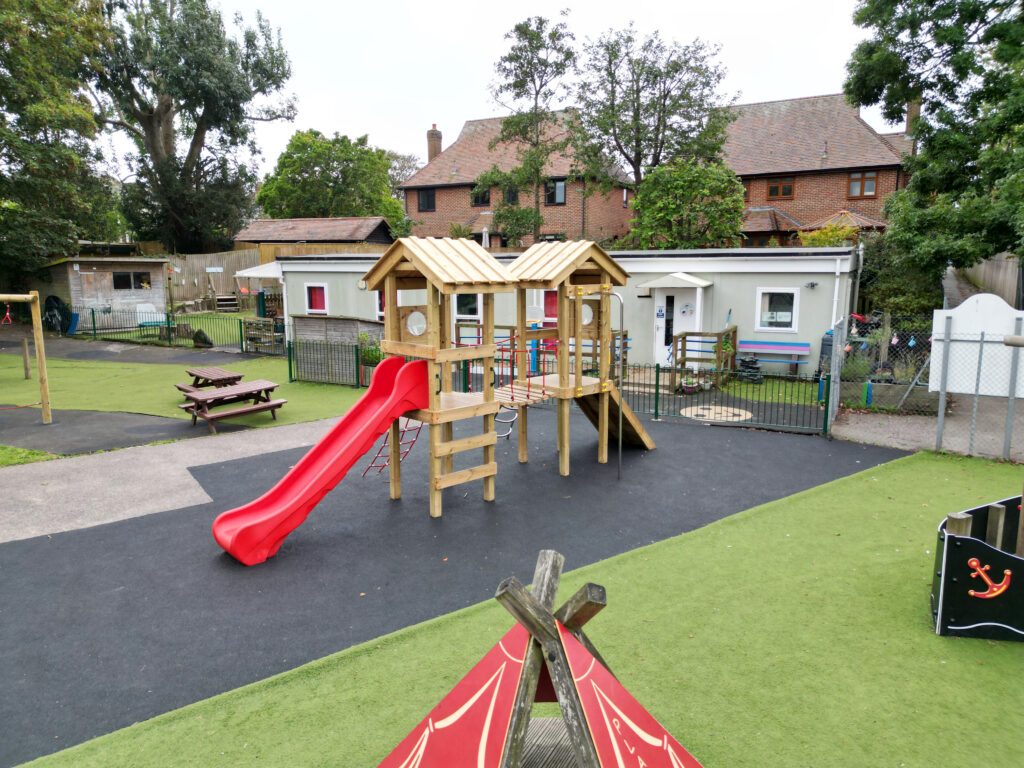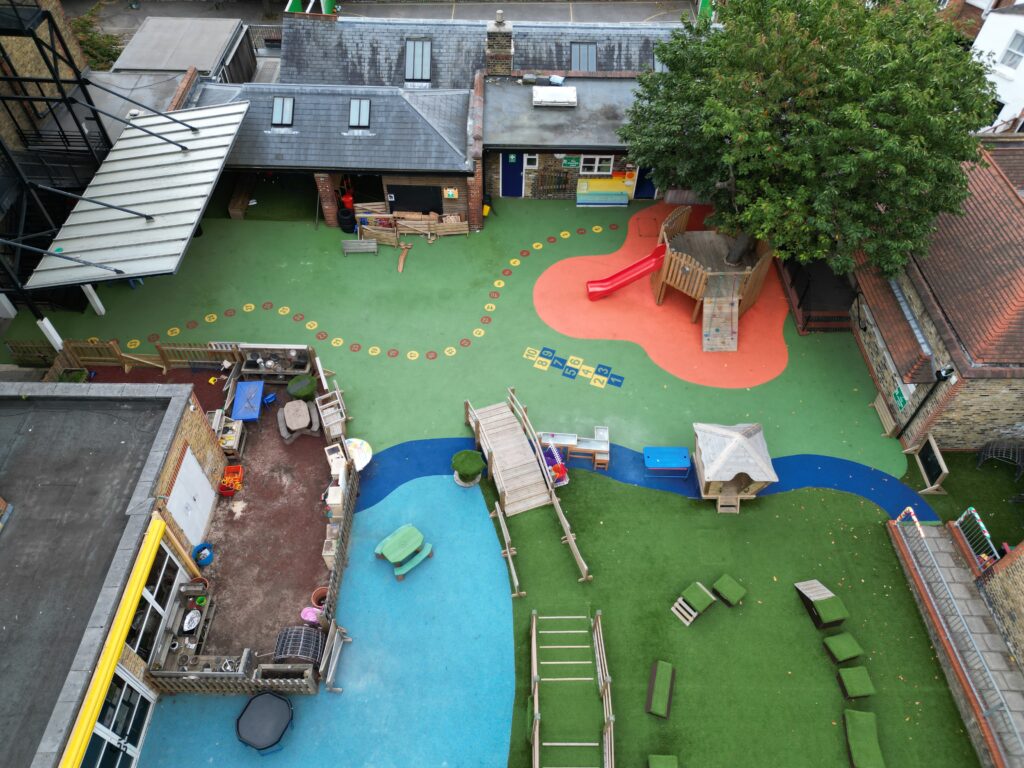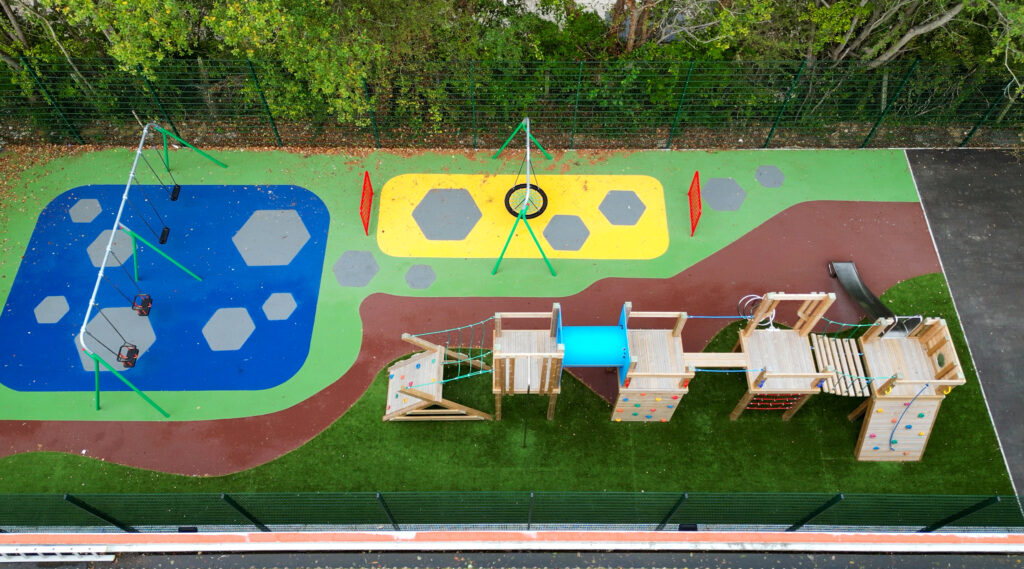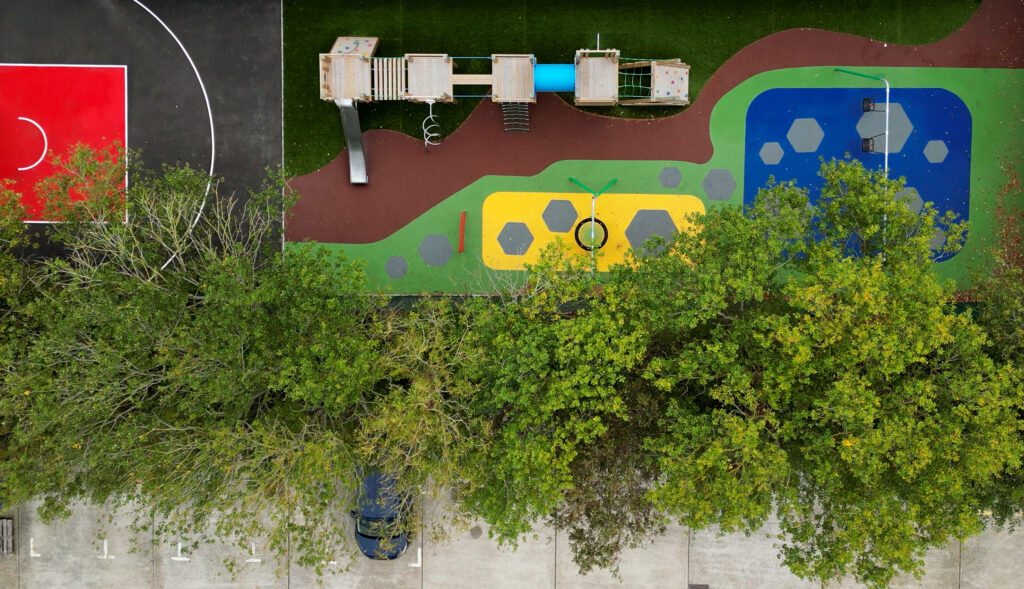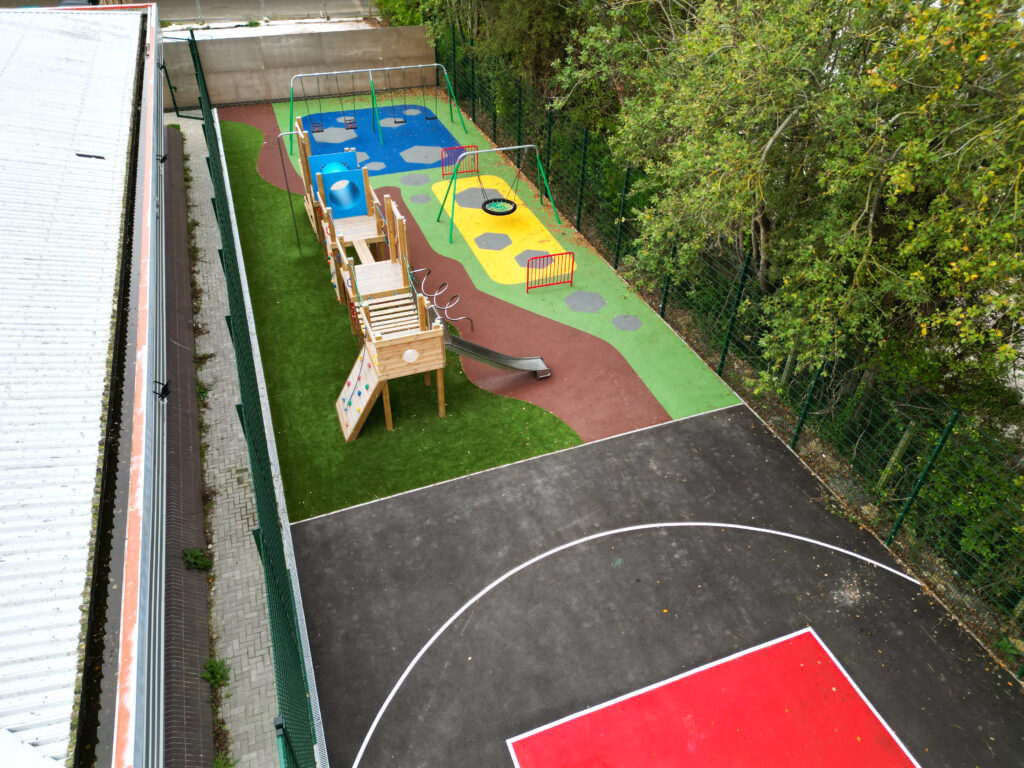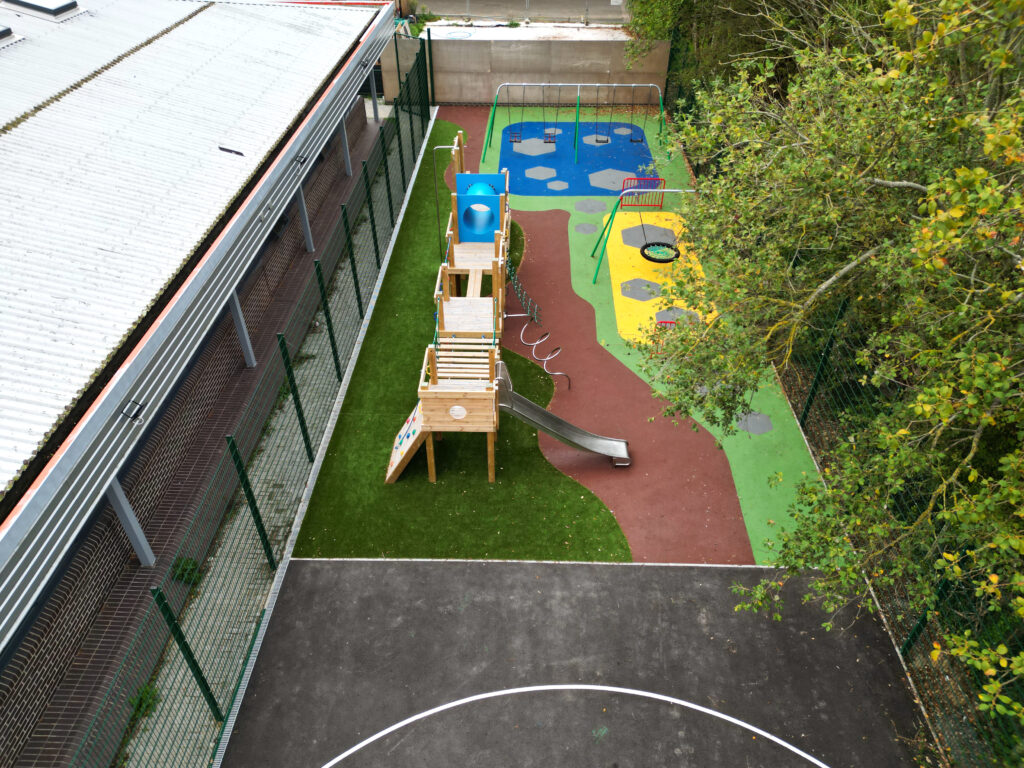In this article, we delve into the benefits of sand and water play for early years learning, and how it can positively impact your child’s development. Let’s dive in and discover the wonders of this simple yet powerful activity.
Key Takeaways:
- Sand and water play in EYFS can improve fine motor skills, hand-eye coordination, and other important skills for daily activities like feeding oneself and tying shoes.
- Sand and water play also promotes sensory exploration, creativity, and imagination in early years, providing a fun and engaging way to learn and develop.
- Incorporating sand and water play in EYFS curriculum can enhance social skills, language and communication, cognitive development, problem-solving, physical development, self-confidence, and environmental awareness.
If you would like to find out more about our range of Special Educational Needs and Disability services, please get in touch and we will be happy to help.
What is EYFS?
The Early Years Foundation Stage (EYFS) is a framework in England that sets the standards for the learning, development, and care of children from birth to five years old.
It promotes a holistic approach to education, focusing on seven areas of learning, including communication, physical development, and personal, social, and emotional development.
EYFS is implemented in early learning settings such as nurseries, preschools, and childminders. It provides a structured and play-based environment where children can explore, experiment, and develop key skills.
What is Sand and Water Play?
Sand and water play is a form of sensory play that offers numerous benefits for young children in the Early Years Foundation Stage (EYFS).
This activity involves using sand and water as mediums for exploration, creativity, and learning. By engaging their senses, children can develop fine motor skills and enhance their cognitive abilities through hands-on experience. Sand and water play also encourages problem-solving, social interactions, and imaginative play.
Additionally, it promotes language development and understanding of mathematical concepts such as measurement and volume. By incorporating sand and water play into the EYFS curriculum, children can actively explore and learn in a fun and engaging way.
What are the Benefits of Sand and Water Play for EYFS?
Sand and water play may seem like simple activities, but they offer surprising benefits for young children in the Early Years Foundation Stage (EYFS). In this section, we will delve into the numerous advantages of sand and water play for EYFS students.
Through this exploration, we will see how these seemingly basic activities can have a profound impact on a child’s development, from their motor skills and social abilities to their cognitive and emotional development. Let’s discover how sand and water play can be more than just fun and games for young learners.
Develops Fine Motor Skills
Developing fine motor skills is crucial for children’s overall development. Here are some steps to promote fine motor skills through sand and water play in the Early Years Foundation Stage (EYFS) curriculum:
- Provide a variety of tools like scoops, funnels, and tweezers to enhance hand-eye coordination.
- Encourage pouring, scooping, and transferring water or sand to strengthen hand muscles.
- Introduce small objects like shells or beads for children to pick up and manipulate, improving their dexterity.
- Offer opportunities for pouring and stirring to practice wrist movements.
- Promote activities like building sandcastles or creating patterns in the sand to develop finger strength and control, which are essential for tasks like holding a pen.
Encourages Sensory Exploration
Encouraging sensory exploration through sand and water play in an early learning setting can have numerous benefits for children in the EYFS curriculum. Here are some steps to incorporate this play in their learning experience:
- Create a designated area for sand and water play where children can freely explore.
- Offer a variety of materials and tools such as buckets, shovels, sieves, and different textures of sand and water.
- Plan activities and experiments that engage children’s senses, like mixing colours in water or building sandcastles.
- Encourage open-ended play, allowing children to use their imagination and creativity in their exploration.
- Supervise and facilitate learning, providing guidance and support as children engage in sensory play.
By incorporating sensory exploration through sand and water play, children in the EYFS curriculum can develop their senses, enhance their cognitive abilities, and foster a love for learning in an early learning setting.
Promotes Creativity and Imagination
Promoting creativity and imagination is crucial in early years education. To stimulate creative development, follow these steps to incorporate sand and water play:
- Provide a variety of tools and materials such as buckets, shovels, moulds, and water wheels to encourage exploration and experimentation.
- Create a themed play area, such as a beach or construction site, to inspire imaginative play scenarios.
- Encourage children to use sand and water to build and create their own structures, fostering problem-solving skills and innovative thinking.
- Introduce storytelling and role-playing opportunities, where children can act out stories using sand and water as props.
- Facilitate group activities, such as building a collaborative sandcastle or a water obstacle course, to promote teamwork and communication skills.
Enhances Social Skills
Engaging in sand and water play in the Early Years Foundation Stage (EYFS) curriculum can enhance social skills through interactive experiences. Here are steps to promote social development:
- Encourage cooperative play by providing opportunities for children to work together and share tools and materials.
- Facilitate turn-taking and problem-solving by setting clear guidelines and providing support when conflicts arise.
- Integrate role-playing scenarios that promote learning empathy, allowing children to recognise and understand emotions in themselves and others.
- Design group activities that foster collaboration, such as building sandcastles together or creating a watercourse collaboratively.
- Supervise and guide interactions, promoting positive communication and conflict resolution skills.
Improves Language and Communication
Improving language and communication skills is a key benefit of sand and water play for Early Years Foundation Stage (EYFS) children. Here are some steps to incorporate this in the curriculum:
- Provide children with opportunities to engage in pretend play and storytelling using sand and water materials.
- Encourage children to describe their actions, thoughts, and observations during play.
- Ask open-ended questions that prompt conversation and encourage children to express their ideas, promoting a two-way conversation.
- Introduce vocabulary related to the play environment and discuss the properties of water and sand.
- Engage in teachable moments where you model effective communication and encourage a two-way conversation.
Supports Cognitive Development
Sand and water play in the Early Years supports cognitive development through various activities and experiences. Here are some steps to incorporate sand and water play in the EYFS curriculum:
- Promote exploration by providing different types of sand and water materials.
- Encourage children to engage in hands-on experiments, such as observing how sand behaves when mixed with water.
- Introduce tools like measuring cups, funnels, and sieves to enhance problem-solving skills.
- Facilitate activities that involve pouring, filling, and building structures, stimulating critical thinking.
- Guide children in categorising objects or sorting items based on texture or size, promoting cognitive organisation.
By incorporating sand and water play into the curriculum, educators can create an environment that fosters cognitive development in the Early Years.
Provides Opportunities for Problem-Solving and Decision Making
Sand and water play in the Early Years Foundation Stage (EYFS) provides valuable opportunities for problem-solving and decision-making. Here are steps to incorporate it in the curriculum:
- Designate a dedicated sand and water play area.
- Offer a variety of materials and tools for exploration.
- Plan activities and experiments that require problem-solving and decision-making skills.
- Encourage open-ended play to foster critical thinking.
- Supervise and facilitate learning, providing guidance when needed.
Engaging in sand and water play allows children in the EYFS to develop problem-solving skills by experimenting, making decisions, and finding solutions. This hands-on approach supports their cognitive development, enhances creativity, and fosters independence.
Fosters Physical Development
Fostering physical development in the early years through sand and water play is crucial. Here are steps to incorporate it into the EYFS curriculum:
- Create a dedicated sand and water play area with appropriate safety measures.
- Provide a variety of materials and tools like buckets, shovels, and sieves to encourage exploration.
- Plan activities and experiments, such as building sandcastles or floating objects, to enhance gross motor skills.
- Encourage open-ended play, allowing children to freely manipulate sand and water to develop fine motor skills.
- Supervise and facilitate learning, providing guidance and support while letting children explore their physical capabilities in the early years.
Builds Self-Confidence and Self-Esteem
Building self-confidence and self-esteem in the early years through sand and water play can be achieved by following these steps:
- Create a supportive and non-judgmental environment that encourages children to take risks and explore.
- Provide opportunities for children to make choices and decisions during play, fostering a sense of autonomy and control.
- Offer praise and positive reinforcement when children engage in problem-solving and overcome challenges.
- Encourage independence by allowing children to experiment and explore freely, without constant adult intervention.
- Provide materials and tools that are age-appropriate and allow for open-ended play, promoting a sense of mastery and accomplishment.
- Facilitate cooperative play and collaboration, allowing children to learn from and support each other, boosting their self-confidence.
- Create opportunities for reflection and self-assessment, encouraging children to recognise and celebrate their achievements.
- Foster a growth mindset, emphasizing effort and improvement rather than solely focusing on outcomes.
- Support children in developing a positive self-image by celebrating their unique qualities and strengths.
Encourages Environmental Awareness and Care
Encouraging environmental awareness and care in the early years through sand and water play can be achieved by following these steps:
- Introduce children to the importance of taking care of the environment and explain how sand and water play can connect to this concept.
- Include materials that promote environmental awareness, such as toy animals that live in water habitats or recyclable objects for sandcastles.
- Plan activities that highlight the impact of pollution on water sources or the importance of conserving water.
- Promote discussions about the environment during play, encouraging children to share their thoughts and ideas.
- Supervise and guide children to make responsible choices, like cleaning up after play or conserving water while playing.
- Take the opportunity to teach children about recycling and proper waste disposal during sand and water play.
- Involve children in gardening activities, like planting seeds or caring for small plants, to foster a connection with nature.
How to Incorporate Sand and Water Play in EYFS Curriculum?
In this section, we will discuss five key ways to include sand and water play in the early years. From creating a dedicated play area to planning activities and experiments, these strategies will help you provide a stimulating and educational experience for young learners.
Create a Dedicated Sand and Water Play Area
Creating a dedicated sand and water play area in an early learning setting is highly beneficial for children’s development. Here are steps to incorporate it into the curriculum:
- Designate a specific area for sand and water play, ensuring it’s easily accessible and safe for children.
- Provide a variety of materials and tools such as buckets, shovels, measuring cups, and funnels to encourage exploration and creativity.
- Plan activities and experiments, like building sandcastles or conducting sink or float experiments, to stimulate curiosity and problem-solving skills.
- Encourage open-ended play by allowing children to freely explore and experiment with the sand and water, fostering imagination and independent thinking.
- Supervise and facilitate learning in the early learning setting, offering guidance and support while allowing children to make their own discoveries and learn at their own pace.
Offer a Variety of Materials and Tools
To enrich the Early Years Foundation Stage (EYFS) curriculum, it is crucial to offer a diverse selection of materials and tools for children to engage with during sand and water play. Here are some steps to consider:
- Provide a range of sand types, such as kinetic, coloured, or wet sand, to offer sensory variety for children to explore.
- Include a variety of tools, such as buckets, shovels, sieves, funnels, and water wheels, to encourage diverse play and experimentation.
- Incorporate both natural materials like seashells, pebbles, and leaves, and artificial materials like plastic sea creatures or toy boats, to stimulate imaginative play.
- Regularly rotate and add new materials and tools to sustain children’s interest and promote ongoing exploration.
- Observe and assess children’s preferences and interests to inform future material and tool choices.
Plan Activities and Experiments
When planning activities and experiments for sand and water play in the Early Years Foundation Stage (EYFS), it is important to consider the developmental needs and interests of young children. Here are some steps to help you plan engaging and educational experiences:
- Identify specific learning goals or areas of development to target, specifically in the Early Years.
- Select a range of materials and tools that encourage exploration, such as measuring cups, funnels, and water wheels.
- Create a variety of activities and experiments that promote problem-solving, creativity, and scientific thinking in the Early Years.
- Offer open-ended play opportunities where children in the Early Years can freely explore and manipulate the sand and water.
- Supervise the play sessions and provide guidance and support to facilitate learning in the Early Years.
Encourage Open-Ended Play
Encouraging open-ended play in sand and water activities is highly beneficial for children in an early learning setting. To effectively incorporate it, follow these steps:
- Create a dedicated area for sand and water play that is easily accessible and inviting.
- Provide a variety of materials and tools, such as buckets, shovels, and moulds, to enhance exploration and creativity.
- Plan activities and experiments that encourage children to think critically and problem solve, such as building sandcastles or experimenting with water flow.
- Encourage open-ended play by allowing children to freely explore and create their own experiences without specific instructions or outcomes.
- Supervise and facilitate learning by observing children’s play, asking questions, and providing support when needed.
By incorporating open-ended play, children can develop their imagination, problem-solving skills, and social interactions in sand and water play.
Supervise and Facilitate Learning
To effectively supervise and facilitate learning during sand and water play in the Early Years Foundation Stage (EYFS), follow these steps:
- Ensure a safe and designated play area with appropriate supervision.
- Provide a variety of materials and tools, such as buckets, shovels, and sieves.
- Plan engaging activities and experiments, like building sandcastles or exploring sink or float concepts.
- Encourage open-ended play, allowing children to explore and create freely.
- Supervise and actively participate in the play, offering guidance and support when needed.
FAQs
What are the Psychological Benefits of Sand and Water Play for Toddlers?
Sand and water play for toddlers has many surprising benefits for development, such as enhancing motor skills, social and emotional awareness, improving language and speech, sparking creativity and improving concepts of mathematics and science.
It is sensory play, which opens the opportunity for learning through curiosity, problem-solving, exploration and creativity.
What are the Emotional Benefits of Sand and Water Play for Toddlers?
Sand and water play not only enhances motor skills and language development, but it also supports emotional growth and development. Through this sensory play, children are encouraged to recognise emotions in others and self-regulate their own emotions. This can lead to increased empathy and a deeper understanding of emotions.
Why is Sand and Water Play Beneficial for Learning Outside?
Sand and water play is a great way to learn outside because it offers children the opportunity to explore and experiment with their senses in a natural and relaxed environment. This can lead to increased curiosity, problem-solving skills, and creativity.
Additionally, learning outside has been linked to improved mental and physical health in children.
How does Sand and Water Play Support Empathy Learning in Toddlers?
Sand and water play can support empathy learning in toddlers by encouraging them to share, listen to and cooperate with other children.
This can help them recognise emotions in others and understand how their actions can affect others’ emotions. It also provides a teachable moment for educators to guide discussions on empathy and emotional expression.





